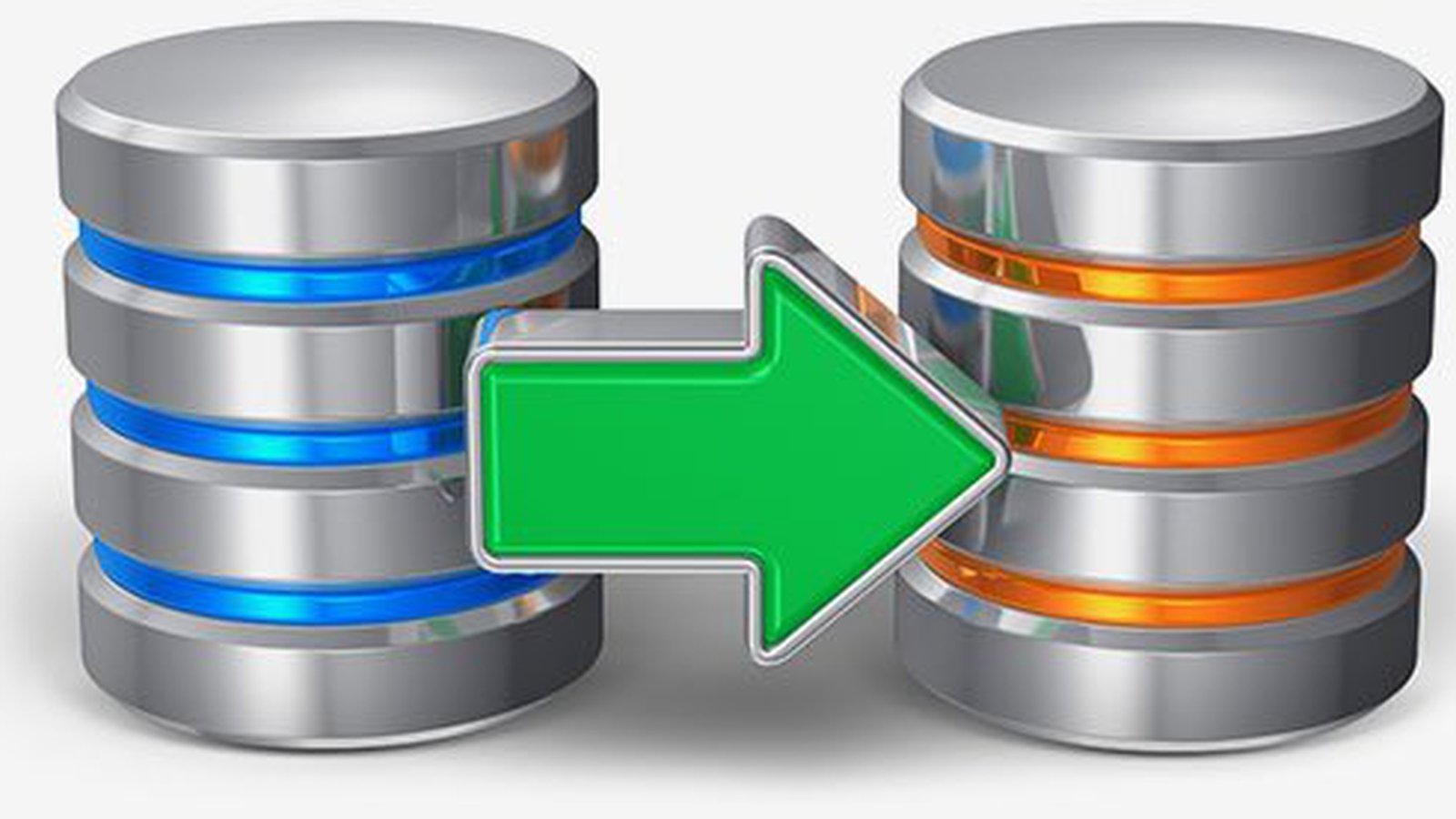Description
Introduction
Database systems are vital for organizations, but they can encounter various issues that may affect performance, security, and data integrity. This course is designed for Database Administrators (DBAs) who want to enhance their troubleshooting skills and learn effective strategies for diagnosing and resolving common database problems. Participants will gain hands-on experience and practical knowledge to ensure the smooth operation of their database environments.
Prerequisites
- Basic understanding of database concepts and architectures
- Familiarity with SQL and database management systems (DBMS)
- Experience in database administration and management
- Knowledge of operating systems and networking concepts
Table of Contents
- Understanding Database Issues
1.1 Types of Database Problems
1.2 Common Symptoms and Indicators
1.3 Impact of Database Issues on Operations - Troubleshooting Methodologies
2.1 Systematic Approach to Troubleshooting(Ref: Database Automation with DevOps: Database Administrators(DBAs))
2.2 Tools for Diagnosis and Analysis
2.3 Gathering and Analyzing Diagnostic Data - Performance Issues
3.1 Identifying Slow Queries and Resource Bottlenecks
3.2 Optimizing Database Performance
3.3 Monitoring and Tuning Database Systems - Data Integrity Problems
4.1 Recognizing Data Corruption and Loss
4.2 Implementing Data Recovery Strategies
4.3 Validating and Repairing Data - Connectivity and Configuration Issues
5.1 Troubleshooting Connection Problems
5.2 Configuring Database Parameters and Settings
5.3 Resolving User Access and Permissions Issues - Security Vulnerabilities
6.1 Identifying Security Breaches and Threats
6.2 Implementing Security Best Practices
6.3 Monitoring and Auditing for Security Compliance - Case Studies and Practical Applications
7.1 Real-World Troubleshooting Scenarios
7.2 Lessons Learned from Database Failures
7.3 Best Practices for Preventative Maintenance
Conclusion
Troubleshooting and resolving in DBAs issues are essential skills for Database Administrators to maintain the health and performance of database systems. By applying the methodologies and best practices covered in this course, DBAs will be better equipped to diagnose and address challenges efficiently, ensuring optimal database functionality and reliability. Continuous learning and proactive management will empower DBAs to mitigate risks and enhance their organization’s data management capabilities.







Reviews
There are no reviews yet.